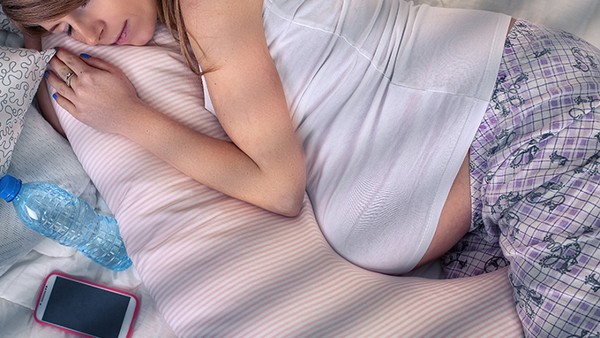How to Quickly Relieve a Child's Severe Cough

A child's severe cough can be a distressing experience for both the child and their parents. The constant hacking and coughing can interfere with sleep, eating, and everyday activities. While there is no one-size-fits-all solution to relieve a child's severe cough, there are several effective remedies that can help soothe the airways and reduce coughing.
Home Remedies
Honey: Honey is a natural cough suppressant that has been shown to be effective in reducing cough severity. It contains antibacterial and antiviral properties that can help fight infection and reduce inflammation. Give your child 1-2 teaspoons of honey before bedtime to help soothe their cough and promote sleep.
Steam: Steam can help thin mucus and make it easier to cough up. Create a steamy environment by running a hot shower or humidifier in the child's room. You can also place a bowl of hot water on a bedside table and cover the child's head with a towel to create a tent-like effect.
Salt water gargle: Gargling with salt water can help soothe a sore throat and reduce inflammation. Dissolve 1/2 teaspoon of salt in 8 ounces of warm water and have your child gargle for 30 seconds several times a day.
Elevation: Elevating your child's head while sleeping can help reduce coughing by preventing mucus from pooling in the back of the throat. Prop up your child's head with pillows or a wedge pillow.
Warm liquids: Warm liquids, such as tea, soup, or hot cocoa, can help soothe the throat and loosen mucus. Avoid giving your child sugary drinks, as these can worsen inflammation.
Over-the-Counter Medications
Cough suppressants: Cough suppressants, such as dextromethorphan (Robitussin DM) or guaifenesin (Mucinex), can help reduce the frequency and severity of coughing. However, these medications should not be given to children under 6 years of age.
Expectorants: Expectorants, such as guaifenesin or bromhexine, help thin mucus and make it easier to cough up. These medications can be helpful for coughs that are accompanied by thick, sticky mucus.
Antihistamines: Antihistamines, such as diphenhydramine (Benadryl) or loratadine (Claritin), can help reduce coughing caused by allergies. These medications can also help dry up runny noses and watery eyes.
Medical Treatment
In some cases, a child's severe cough may require medical treatment. If your child's cough is persistent, severe, or accompanied by other symptoms, such as fever, shortness of breath, or wheezing, it is important to seek medical attention. Your doctor may prescribe stronger medications, such as antibiotics or inhaled steroids, to treat the underlying cause of the cough.
Additional Tips
Avoid smoking around children: Secondhand smoke can irritate the lungs and worsen coughing.
Use a humidifier: A humidifier can help add moisture to the air and reduce dryness, which can irritate the throat and cause coughing.
Get plenty of rest: Rest is essential for healing. Encourage your child to get plenty of sleep and avoid strenuous activities that can worsen coughing.
See a doctor if symptoms persist: If your child's severe cough does not improve after a few days of home remedies, see a doctor to rule out any underlying medical conditions.
By following these tips, you can help relieve your child's severe cough and improve their overall well-being.
The above is all the content that the editor wants to share with you. I sincerely hope that these contents can bring some help to your life and health, and I also wish that your life will be happier and happier.
Topic: #quickly #to #how














